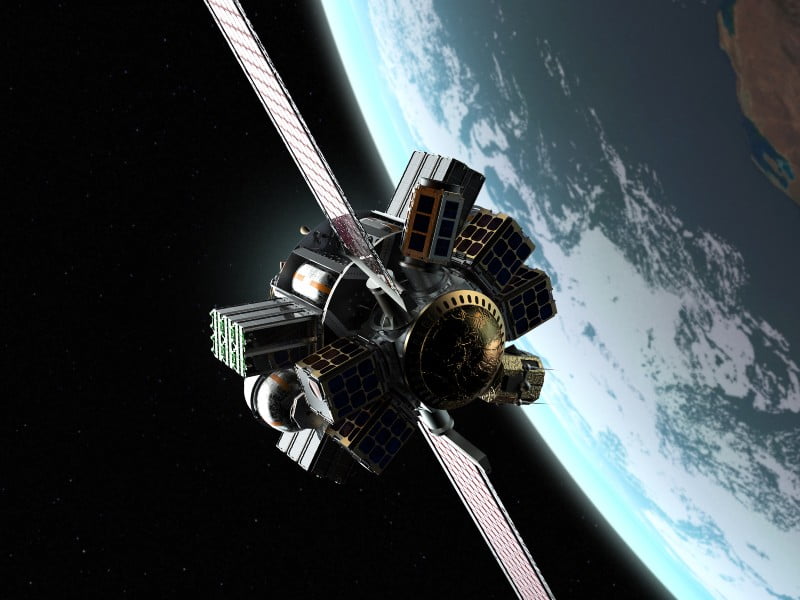Seven space projects focused on improving defence surveillance capabilities will share more than $1 million in grant funding from the NSW state government, while two new seed projects share $150,000.
The funding for the seven projects have been distributed through the first round of the Research Pilot Program run by the NSW Space Research Network (SRN). An initial 16 research pilot projects and four seed projects were considered in this round.
Projects led by the University of Technology Sydney (UTS), the University of Sydney, and the University of Wollongong (UoW) received funding. Two projects led by Macquarie University and by the University of New South Wales (UNSW) also received funding. All the pilot research projects received funding in the range of $140,000 to $150,000.

SRN was founded in mid-2021 and aims to bring space research and research translation to industry through collaboration and coordination between government, industry, and research organisations. It is led by seven New South Wales Universities.
The UoW is leading a project to create a space-based capability for the surveillance of sea vessels using a deep learning algorithm and radar images. This is a collaboration with the University of Technology Sydney and local drone startup Industry Spec Drones. Industry Spec Drones was founded through the UoW’s business accelerator and incubator program iAccelerate.
Development on a roadmap for space photovoltaics in Australia is being led by the University of Sydney in partnership with the UNSW and the federally funded Australian Nuclear Science and Technology Organisation.
The two seed projects each received just under $75,000 and is being led by the University of Syndey and the UNSW respectively.
Of the seed projects, the University of Sydney is working with UTS-based startup Space Machines Company on developing a model of the CROSS star tracker navigation system for flight. CROSS itself is a spin-off company from research undertaken at the University of Sydney. UNSW and Extraterrestrial Power will work on developing mass producible solar arrays for use on satellites and the Lunar surface.
Minister for Science, Innovation, and Technology Alister Henskens said that this announcement builds on the depth of talent in the New South Wales space industry and will help boost local R&D opportunities.
“With many industries looking to increase their output and improve efficiency through space-enabled technologies, the value of the global space sector is forecast to reach more than US$1 trillion by 2040,” Mr Henskens said.
“Collaboration between government, industry and our universities is essential to successful commercialisation of our world leading research. This investment is another example of our commitment to turbocharging local R&D opportunities so that our State remains at the forefront of this innovative and rapidly growing industry.”
New South Wales Chief Scientist and Engineer Professor Hugh Durrant-Whyte said that the SRN is helping to position the state as a significant player in the global space industry. He noted that more than 40 per cent of businesses and one third of startups in the Australian space sector are based in New South Wales.
Do you know more? Contact James Riley via Email.

